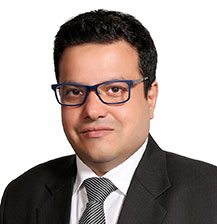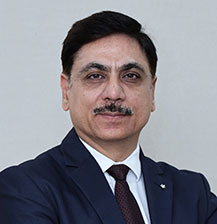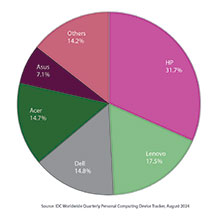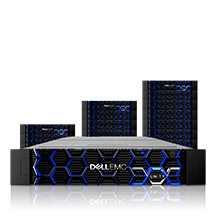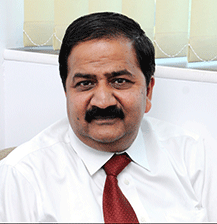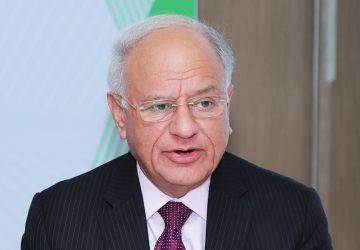Eaton introduces EnergyAware UPS solution for large data centre deployments in India
Digital Edge Bureau 18 Mar, 2021 0 comment(s)
Syed Sajjadh Ali, Managing Director – India, Electrical Sector, Eaton: Raising the bar of UPS sophistication for meeting the new-age data centre requirements, and achieving the objective of energy conservation
The world of power conditioning grows to even higher levels of sophistication and energy efficiency. Now, Eaton, one the global power management companies, has launched EnergyAware UPS solution for data centre applications in India. The new power conditioning platform makes use of UPS-as-a-reserve (UPSaaR) methodology. This solution has also been recognized by Frost & Sullivan in the Indian UPS industry as a reserve system for data centres.
In India, the colocation or third-party data centre market has been growing at a CAGR between 7 percent and 8 percent, raising the utilization levels of servers and increasing power requirements. EnergyAware is designed for data centre applications and can be used in any high-capacity IT load – whether industrial or manufacturing. As per the estimates, a data center could receive over $ 60,000 per MW / per year for its non-used capacity.
Syed Sajjadh Ali, Managing Director – India, Electrical Sector, Eaton, says, “We’re all aware of our obligations for rethinking on our role as power consumers. The Data center industry continues to face challenges in reducing its carbon emissions and optimizing energy efficiency. Eaton’s EnergyAware technology allows large data center operators to give back energy to the grid. The primary role of the UPS doesn’t change, but by creating UPS-as-a-Reserve (UPSaaR) through Energy Aware, organizations can enable Energy Transition. With UPSaaR organizations can offset both their Capex cost, while contributing towards reducing the carbon footprint and enabling renewable energy”.
He adds “We’re delighted that the EnergyAware Solution has been recognized by Frost & Sullivan for its contribution to powering data Centres of the future. We’ve created these innovative energy storage technologies for cities that can increase the number of renewables on the grid through providing much-needed stability, whilst still providing a commercial benefit”.










